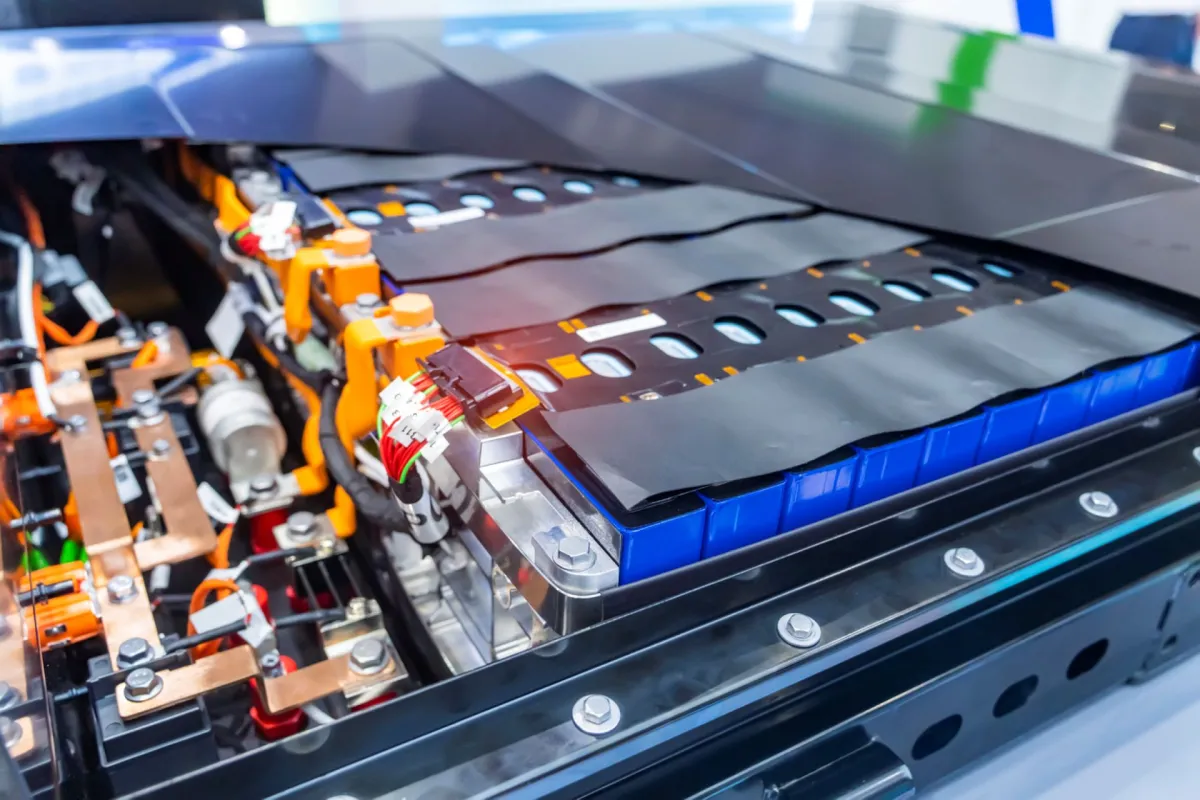The take-up rate of electric vehicles could receive a huge boost if a new scientific development delivers on its promise.
Researchers from the Oak Ridge National Laboratory in Tennessee have come up with a fast-charging, long-lasting battery that could make electric vehicles much more viable.
The expert team’s lithium-ion battery can recharge up to 80% of its capacity in just 10 minutes, and it can do so for 1,500 charging cycles.
Charging speeds and battery life are two of the main concerns among motorists looking to invest in an electric car, but if this development can be applied to future machines, it might persuade more people to purchase vehicles that produce no tailpipe pollution while out on the road.
A 2023 study published in the journal Transportation Research Interdisciplinary Perspectives and shared on Science Direct surveyed 733 people in the United States and asked them to rank factors that would be a barrier to EV adoption.
The survey, created and run at the University of Texas at Arlington, found that the high cost of battery replacement was the third-highest ranked factor in not buying an electric car, while long charging time was the sixth-highest inhibitor.
However, the Oak Ridge National Laboratory development could make these problems less prohibitive, encouraging EV purchases, which are much kinder to the environment compared to dirty-fuel-powered alternatives.
According to Inside EVs, ORNL said that “the high-performance electrolyte consists of ‘lithium bis(fluorosulfonyl)imide (LiFSI), lithium hexafluorophosphate (LiPF6), and carbonates in, two amp hour pouch cells.’”
“We found this new electrolyte formulation basically triples the Department of Energy’s target for the lifespan of an extreme-fast-charging battery,” team lead Zhijia Du said in a press release.
Inside EVs reported that the battery “displayed excellent electrochemical stability at a high charging rate of 6C,” but noted that it’s not clear how much it would cost to install in an electric vehicle nor what the capacity could be.
Still, it demonstrates that battery technology is evolving, and with more funding and research, EVs could surpass the number of polluting internal combustion engine alternatives on the roads in the coming years.
According to the Environmental Protection Agency, 29% of planet-warming pollution in the country comes from the transportation sector, with light-duty vehicles accounting for 58% of that figure.
The pollution that vehicles produce not only traps heat in the atmosphere, increasing global temperatures, but it also decreases air quality, with pollutants like nitrogen dioxide and particulate matter linked to cardiovascular, respiratory, and cognitive health problems.
That’s why improved battery technology is so crucial. Thankfully, it’s an area that is receiving significant scientific attention.
Solid-state batteries, which are being developed by Porsche and Toyota, among other electric vehicle manufacturers, are said to provide much greater charging capacity and faster recharging times, and it could be a game-changer for the sector.
Meanwhile, Chinese automaker JAC Group is making the most of sodium-ion batteries rather than more common lithium-ion alternatives. These power packs can be made at a much lower cost and avoid the need to mine for the material.

